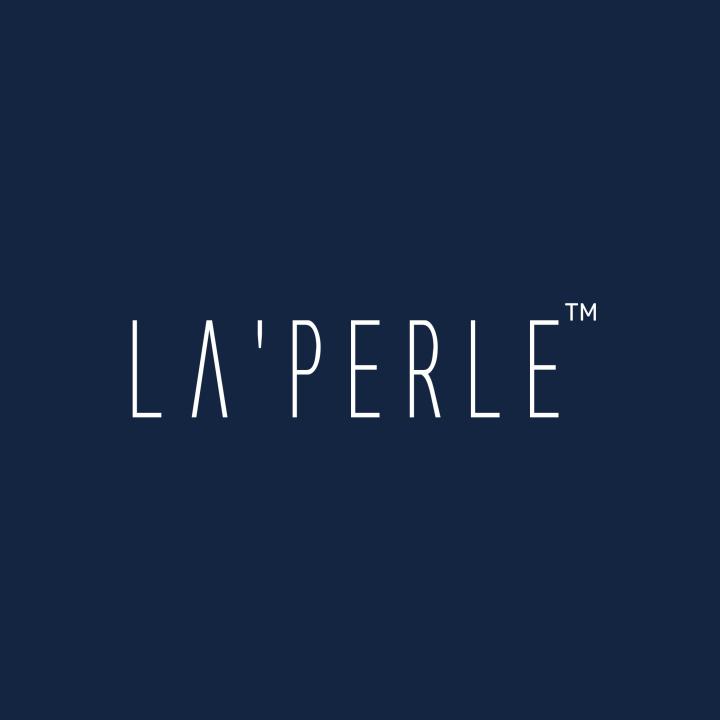Notifications

5 minutes, 23 seconds
-706 Views 0 Comments 0 Likes 0 Reviews

The thriving business hub of the Middle East, is a magnet for entrepreneurs and investors worldwide. Its strategic location, world-class infrastructure, and investor-friendly policies make it an ideal destination for setting up a business. If you’re considering company setup in Dubai, this guide will walk you through the essential steps and requirements.
Benefits of Setting Up a Company in Dubai
Tax Advantages — One of the most attractive benefits of setting up a business in Dubai is the tax-free environment. There is no personal or corporate income tax, which significantly boosts profitability.
Strategic Location — Dubai’s strategic location between Europe, Asia, and Africa makes it a prime gateway for global trade. This facilitates easy access to international markets.
World-Class Infrastructure — From state-of-the-art airports to top-notch logistics facilities, Dubai offers unparalleled infrastructure that supports business growth and operations.
Free Zones — Dubai boasts numerous free zones offering various benefits, including 100% foreign ownership, full repatriation of profits, and no import or export duties.
Types of Business Entities
When setting up a company in Dubai, you can choose from several types of business entities:
Mainland Company: This type allows you to operate anywhere in Dubai and the UAE. It requires a local sponsor who holds 51% ownership.
Free Zone Company: Ideal for businesses focused on import-export or those that do not require direct access to the UAE market. Free zones offer 100% foreign ownership.
Offshore Company: Suitable for businesses that do not intend to operate within the UAE but want to take advantage of the tax benefits and confidentiality.
Steps to Register a Company in Dubai
Choose Your Business Activity — The first step to company registration in Dubai is to decide on the nature of your business. Dubai’s Department of Economic Development (DED) has a list of over 2,000 permitted activities.
Select the Legal Structure — Based on your business activity and investment, choose the appropriate legal structure. Options include Sole Proprietorship, Limited Liability Company (LLC), and more.
Register the Trade Name — Your trade name must comply with Dubai’s naming conventions. Ensure it’s unique and not already registered.
Apply for Initial Approval — Submit the necessary documents to the DED for initial approval. This includes passport copies, NOC from current sponsors (if applicable), and a completed application form.
Draft the Memorandum of Association (MOA) — For LLCs, drafting the MOA is crucial. This document outlines the share distribution and roles of partners.
Lease Office Space — Securing a physical office space is mandatory. Free zones often provide flexi-desk options to meet this requirement.
Obtain Licenses and Approvals — Depending on your business activity, additional approvals from relevant authorities might be necessary. This includes health, municipality, or tourism approvals.
Open a Corporate Bank Account — Choose a bank that suits your business needs and open a corporate account. You’ll need your business license and other related documents.
Register with the Chamber of Commerce — For mainland companies, registering with the Dubai Chamber of Commerce is a final step to legalise your business.
Post-Registration Requirements Visa Processing — After your company is registered, you can apply for residency visas for yourself and your employees.
Compliance and Renewals — Ensure you adhere to local regulations and renew your trade license annually. Non-compliance can result in penalties or business closure.
Conclusion
Setting up a company in Dubai is a lucrative and strategic move for many entrepreneurs. The city’s dynamic economy, favourable tax regime, and excellent infrastructure provide a solid foundation for business success. By following the outlined steps and understanding the legal requirements, you can smoothly navigate the process of company registration in Dubai and embark on a prosperous business journey.

